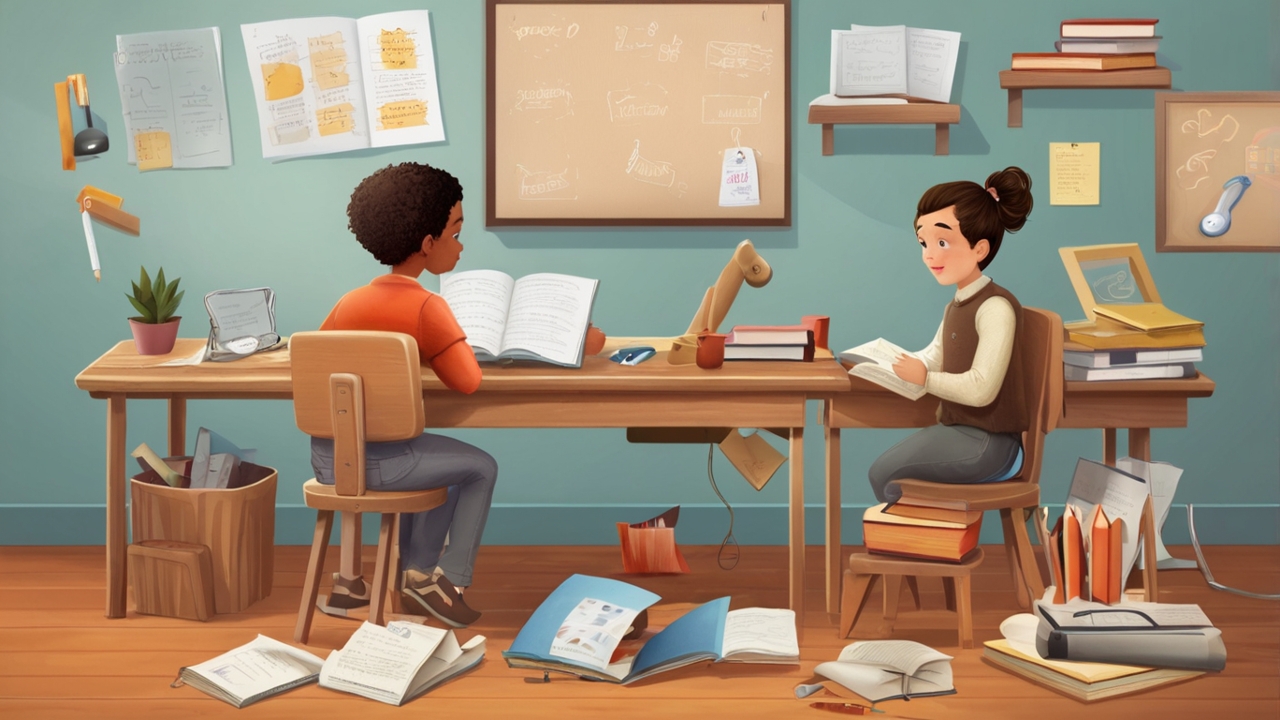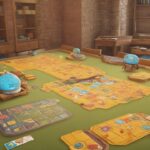Round Rock Journal – Learning barriers can appear in many forms, from lack of motivation to environmental distractions. These obstacles slow progress and make education feel overwhelming. Recognizing them is the first step to creating solutions. Many students struggle not because they lack ability, but because challenges prevent them from staying consistent.
Light education strategies provide relief by simplifying the process. Instead of pushing students harder, they help learners work smarter. Small, manageable steps turn overwhelming challenges into achievable tasks. With this approach, learners feel empowered rather than defeated. Education then becomes a journey of growth rather than constant struggle.
“Also read: Generative AI in Digital Textile Design Unlocking Innovation in Fashion’s Future“
What Makes Light Education Strategies Effective
Light education strategies focus on simplicity and flexibility. They reduce stress by breaking learning into small, digestible parts. Instead of memorizing entire chapters at once, learners absorb knowledge in short sessions. This keeps the brain fresh and engaged.
Techniques like micro-learning, active recall, and spaced repetition are key. They encourage students to practice consistently without burnout. Light strategies also make use of visuals, games, and real-life applications. These methods keep learning interactive and enjoyable. The result is higher retention and greater confidence.
The Role of Motivation in Learning
Motivation is often the biggest barrier students face. Without it, even simple tasks feel impossible. Stress, fear of failure, or lack of interest can weaken the drive to learn. Light strategies restore motivation by making progress visible.
When learners achieve small wins, they feel encouraged to continue. For instance, mastering five new words daily in a language course builds momentum. Over time, these small victories add up, creating a sense of accomplishment. With renewed motivation, learners push through challenges more effectively.
Reducing Cognitive Overload with Simplicity
Cognitive overload occurs when the brain receives more information than it can process. Long study sessions often cause fatigue and frustration. Light strategies reduce this by introducing shorter, focused lessons.
Spaced repetition is one of the best solutions. By reviewing material in intervals, learners strengthen memory without stress. Active recall also helps by encouraging learners to test themselves rather than reread notes. Both methods improve understanding and prevent burnout. With reduced overload, learning becomes smoother and more sustainable.
Building Confidence Through Small Wins
Confidence is vital for academic growth. Many learners struggle not because of lack of knowledge but due to self-doubt. Light education strategies target this issue by setting realistic goals.
For example, solving one math problem successfully can inspire learners to attempt more. Gradually, the fear of failure fades. Each small achievement proves that progress is possible. Confidence builds step by step, creating a strong foundation for long-term success. Education becomes less about fear and more about discovery.
“Read more: Newcastle vs Liverpool: Anthony Gordon Apologizes After Tackle on Van Dijk“
Practical Light Strategies for Daily Use
Light education can be applied in simple ways. Micro-learning allows students to study short lessons anytime, anywhere. Gamification adds fun by turning learning into a challenge or reward-based system. Visualization helps learners understand complex topics with images or diagrams.
Habit-stacking is another powerful tool. It links study sessions to daily routines. For example, reviewing flashcards while having breakfast makes learning consistent. These practical strategies prove that success is not about long hours but about smart, consistent practice.
The Future of Education with Light Approaches
Education is moving toward personalization and flexibility. Light strategies will play a major role in this transformation. Technology already supports adaptive learning, where platforms adjust to each student’s pace. Artificial intelligence will enhance this by creating customized lessons for individual needs.
Future classrooms will focus less on memorization and more on practical application. Light education ensures that every learner, regardless of background, can progress without unnecessary stress. By combining innovation with simplicity, the future of education will be more inclusive and effective.


